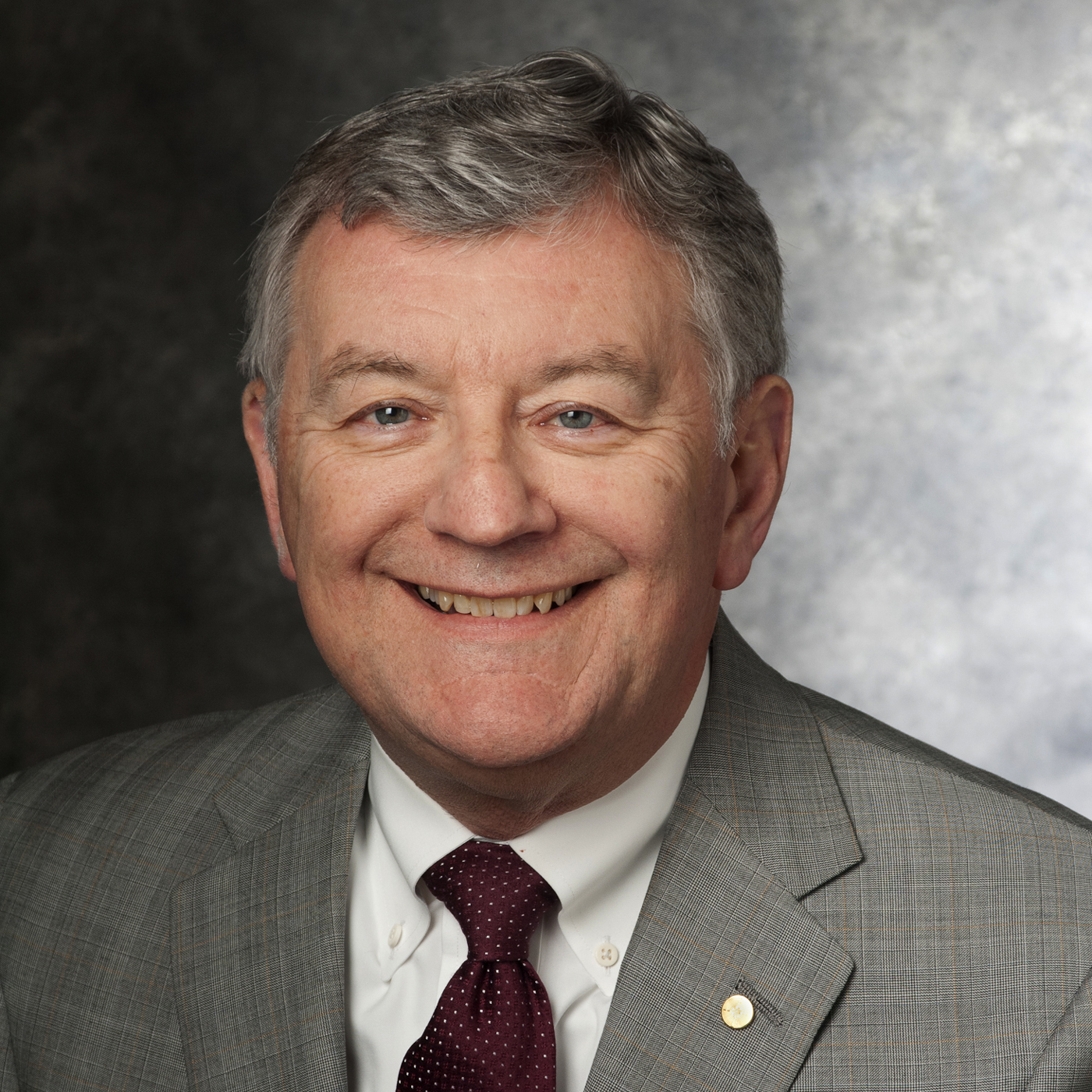SMU theology dean: Rise against evil of racism portrayed by frat party
William B. Lawrence, Dean of SMU's Perkins School of Theology and Professor of American Church History, writes about the racism portrayed by fraternity party invitation.
By WILLIAM B. LAWRENCE
 William B. Lawrence |
As dean of Perkins School of Theology, which led the way in desegregating Southern Methodist University in 1952, I consider it an extraordinary privilege to lead one of the original academic units of our university. But even more, I consider ours a special responsibility to be a voice of advocacy for sacred justice on our campus, in our community, and across our country.
The party that was planned and publicized by two campus fraternities, with messages and images that were overtly and clearly racist, has now been condemned and cancelled. I applaud the vigorous and unequivocal statement by our President in regard to this situation. And I affirm the messages of those who have voiced distress that such a party could have been scheduled, given the values to which the fraternal organizations say they have dedicated themselves.
However, apologies for some words or actions that may be perceived to have caused harm or create discomfort are inadequate recognitions of the evil power that racism still exercises in our society and its institutions — including academic ones.
In this teachable moment, it is our responsibility at Southern Methodist University to do much more than offer apologies or expressions of regret.
It is our responsibility to be advocates for moral values, human dignity, liberty and justice for all. It is our responsibility not only to deplore racist actions but also to dismantle racist systems. It is our responsibility to become voices in the wilderness where race rules.
We have a sacred summons prophetically and powerfully to decry evil in all its forms. What has been called America’s original sin of racism was once constitutionally valid. It is still socially, culturally and politically practiced. We must do more than critique it when it surfaces. We must be advocates for overcoming it.
It will be tempting, in the next few days, to let our outrage over this incident wane. We must resist that temptation.
In the coming days, we should expend great energy and time engaged in what universities are designed to do — listen and learn from one another. We must create new knowledge about the depths and dangers of this evil. We must create new methods for removing its residue from our midst. The degree to which we learn about, and transcend, the power of racism will add lasting value to the degrees that we as faculty and staff hold and the degrees that we as students seek.
# # #